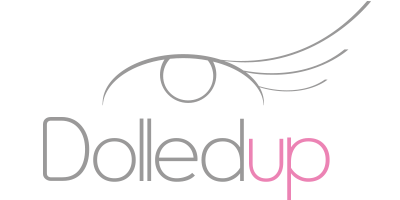It was only a couple of days ago, when I was speaking to a pharmacist in Belfast, that we both commented on the decline of people taking Vitamin E. We both also noted that certain diseases/ illnesses have increased over the past 10 years, that Vitamin E could drastically improve. Vitamin E has been a stall worth of vitamin supplementation for over 40 years.
What is Vitamin E and where do we get it?
Vitamin E is a fat soluble vitamin, that technically has about ten variations in the body. Some forms of Vitamin E are more effective in certain parts of the body. Without vitamin E the body cannot reproduce. A study performed in 1922 showed that rats whose diet was devoid of vitamin E became infertile. Once they were given wheat germ oil (rich in vitamin E) as part of their diet, the rat’s fertility was restored. α-tocopherol, the most biologically active form of vitamin E, is the second-most common form of vitamin E in the diet. This variant can be found most abundantly in wheat germ oil, sunflower, and safflower oils.
As a fat-soluble antioxidant, it stops the production of reactive oxygen species formed when fat undergoes oxidation. The antioxidant potential of Vitamin E is probably its most famous attribute. Several studies have shown how important E is in the protection of fatty areas, like the brain and nerve cells. In its antioxidant function, E works very closely with Vitamin C, so a good idea to take them together. Its most important role however is probably its role in cell signalling, which sounds exactly like it is. Cell signalling part of the communication network that governs how basic cellular activities are coordinated. It is an amazing process to understand how much communication goes on between your cells.
Vitamin E and our Fertility:
Vitamin E functions primarily as an antioxidant, protecting cell membranes from oxidative damage. Vitamin E is incorporated into the lipid (fatty) part of the cell membrane, where it stabilises and protects the cell membrane from toxic compounds. This has shown to be very beneficial in cases of poor egg quality, PCOS or endometriosis. A study published by Fertility and Sterility in April, 2010, showed that vitamin E supplementation may aid in increasing the thickness of the endometrium in women with thin uterine lining. Vitamin E supplementation has been shown to improve insulin action. Several double-blind clinical studies have been performed on vitamin E supplementation for the reduction of fibrocystic breast disease and premenstrual syndrome (PMS).
Studies have shown that vitamin E increases sperm health and motility. In one study it was shown that sperm motility, percent of live sperm, and percent of normal spermatozoa all increased with the supplementation of vitamin E and selenium. In another study, it has been shown that men who prepared with vitamin E prior to IVF treatment, with their partners, had an increase in rate of fertilization from 19% to 29%.
As always, one nutrient is not the answer. Vitamin E requires its friends to work efficiently. They include, Vitamin C, Zinc, Co-Q10, Glutathione to name but a few. If you are looking to increase your Vitamin E content from your diet, nature has already taken care of this – good, fresh food always has the right compliment balance of nutrients. Foods that are have a good content of Vitamin E include, almonds, peanuts, spinach, avocado, shellfish, fish, plant based oils (unrefined), broccoli, squash and pumpkin. If you are looking at supplementing your diet with Vitamin E, try take around 400mg a day, making sure that it is a combination Vitamin E (as mentioned above, there are a few different forms). Lastly, try not to take Vitamin E capsules or liquids in isolation. Combine Vitamin E with its associates mentioned above for a better health and results!
For more information click here Pillar Healthcare




